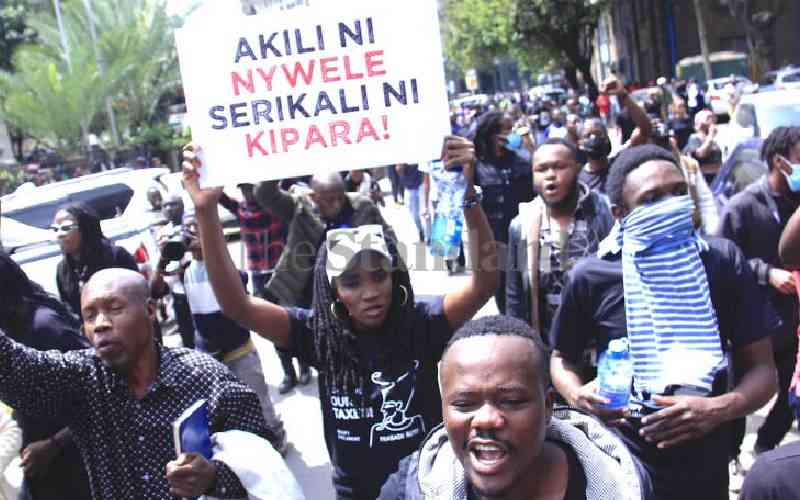
The National Dialogue Committee (NADCO) delegations of 10 members, each from either of the two coalitions, were led by Kimani Ichung'wah from the ruling coalition side and by Kalonzo Musyoka from the opposition.
One of their key report recommendations was the amendment of the First Schedule to the Independent Electoral and Boundaries Commission (IEBC) Act, 2011, to establish an expanded Selection Panel for the Commissioners. This recommendation emanated from the presentations made to the committee during public participation.







